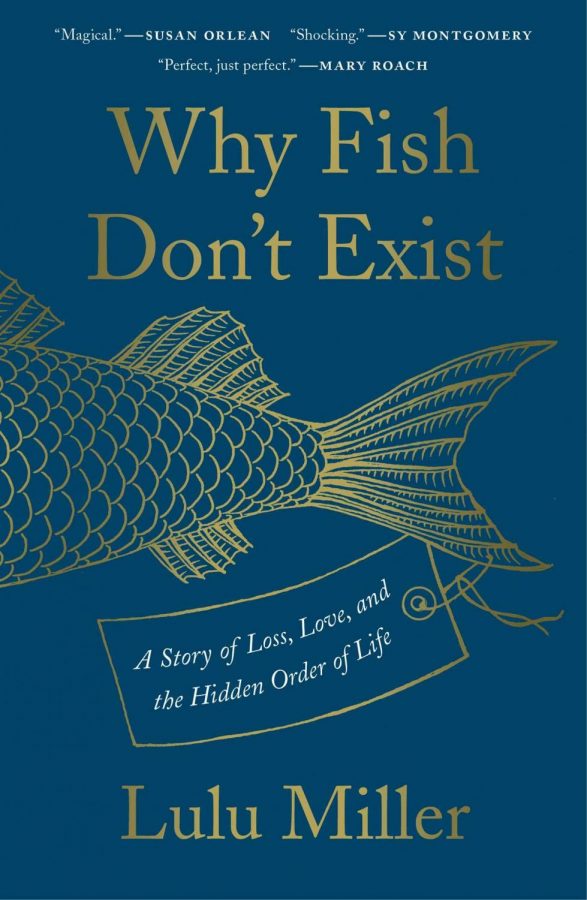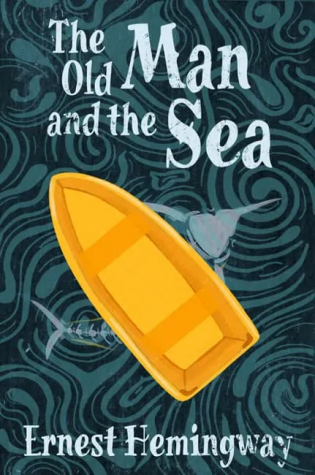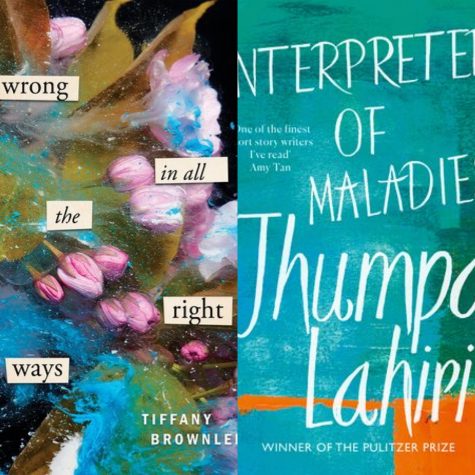“Why Fish Don’t Exist”: A Spiritual and Scientific Exploration of Chaos
March 15, 2021
On a cold, gray, February afternoon my friend Nora sent me an episode of the NPR Podcast, Invisibilia titled, “The Reluctant Immortalist.” The episode told the story of an immortal animal and one cellular biologist who took the lesson he learned in science and applied them in his life. At the end of the thoroughly enjoyable episode, the host plugged her book: “Why Fish Don’t Exist”. I was instantly drawn in with its inconspicuous title and witty author who I had gotten to know over the past hour of Invisibilia. Not expecting much out of a biography of a scientist I was blown away by the lessons I learned inside its pages.
In “Why Fish Don’t Exist: A Story of Loss, Love, and the Hidden Order of Life”, Lulu Miller, the NPR reporter I loved so much , tells the story of David Starr Jordan, the first president of Stanford University and taxonomist credited with the discovery of a fifth of all fish. The book is as much Miller’s personal chronicle of depression, grief, and sexuality as it is the biography of the walrus-mustached taxonomist. Searching for answers, Miller drives into the themes of Jordan’s career: chaos, eugenics, love, freedom, and success. Her existential journey is beautiful and inspiring.
Miller’s humorous and relatable writing highlights the reality that a man can be simultaneously an inspiration and a monster. In Jordan’s case, he was a brilliant taxonomist who expanded the boundaries of scientific understanding and an unapologetic eugenicist who believed in sterilizing “the unfit.” Miller explores the complexity of human nature–that people can be wrong in so many ways and also be a valuable teacher.
I was enthralled with this book. Many times I would stop reading, look up, say “Wow,” think for a moment and continue. It is totally absorbing. I found myself dreaming about the bitter feud between Mary Standford, daughter of the founder of Stanford University, and David Starr Jordan.
Miller repeatedly asks the question “How can one go on in a world of chaos?” This question is ever on our minds as Covid-19 mutates and this pandemic seems unending. As she explores the answer, the story becomes almost spiritual and yet remains grounded in science. It is a story of order and faith for the most logical people to follow, a personal story as well as a public one. It’s captivating, narrative, and leaves you with a sense of awe.














